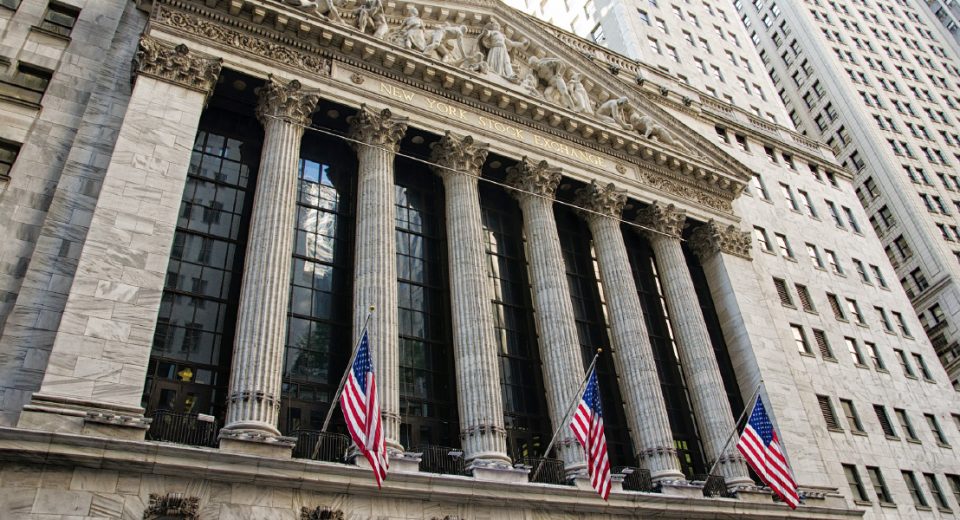Why are Cryptocurrencies so Volatile?

The cryptocurrency market is like no other financial market. While it might resemble commodities in that crypto valuations are determined by the principles of supply and demand, its returns and trading volumes are not associated with the usual economic fundamentals or correlated with any traditional asset classes.
However, this doesn’t really explain the high volatility observed in crypto market. The last few years have been a roller coaster ride for millions of crypto investors around the globe. While many have made millions due to large upswings, many others have lost their investment due to sudden downturns.
At the same time, it is this volatility that gives rise to trading opportunity, but only if you understand what leads to the volatility and how best to predict it. So, here’s a look at the main reasons for the unpredictable nature of cryptocurrencies.
Cryptocurrencies Lack Intrinsic Value
Cryptocurrencies are digital asset, not usually backed by a physical commodity or currency. This means that their value is completely dependent on faith.
Their price follows the laws of supply and demand. As the supply of many cryptocurrencies is predictable or fixed, their price moves according to the number of people who want to buy them.
If people start believing that the price of a particular cryptocurrency will no longer rise, they will start selling it off. This will reduce the crypto’s value and encourage other investors to do the same. This vicious cycle can cause prices to plummet very quickly. Conversely, if investors are buying an alt coin, it could create a ripple effect that could even ultimately lead to a price bubble.
It is a Small Market
Although cryptocurrencies have received a great deal of attention, both from investors and the media, in the past few years, it is still an emerging market. The crypto market was valued at $800 billion at its peak in 2018. This is insignificant compared to the total value of the US stock market, at $28 trillion, or the gold market, at $7.9 trillion. The forex market itself sees daily trading volumes of more than over $5 trillion.
Small market size means that smaller market forces can have a larger impact on prices. For instance, if a group of investors decide to sell $500 million in gold, it would create a minor disturbance in gold prices. If the same thing happened to a cryptocurrency, such as Bitcoin, it would lead to destabilisation of the entire market and lead to a crash in prices for all digital currencies.
The fact that the crypto market is still growing also means there is scope for new projects and new tokens to be introduced. For instance, the developers of Telegram announced the launch of TON, a blockchain platform with its coin, Gram. Although neither the platform nor its cryptocurrency have been developed yet, the news did have far reaching effects. This only goes to show that even the announcement of a potential launch in an emerging market can impact investors.
Speculation Drives Prices
This is a major factor in the volatility of the cryptocurrency markets. What it means is that even rumours regarding a crypto or the market can influence price movements. News, announcements, expectations and investor perception and sentiment all move the market.
The key to using this while trading is to remain abreast of developments in the market. After all, predicting price movements requires one to understand what’s happening and how that will impact prices.
On the other hand, speculation also includes investors speculating on different cryptos, which in turn leads to buying and selling pressures in the market. With investors constantly attempting to guess which way the market will fluctuate and then placing their trades accordingly, speculative trading leads to volatility in an already choppy sea.
Lack of Regulation & Institutional Capital
Governments across the world are scrambling to put in place proper regulatory frameworks on cryptos. While some are clamping down on digital assets, others are looking for ways to protect investors. The problem is that in the absence of regulatory oversight, market manipulation can occur, which introduces volatility. This, in turn, discourages institutional investment in the market. Once institutional investors enter the space, there would be greater potential for stability, efficiency and investment. A market that is global and unregulated, while being almost instantly responsive to developments or even rumours of developments, is likely to see great price swings.
The Technology is Still Under Development
It has only been a decade since the idea of cryptography-based currencies was published through Satoshi’s whitepaper. Blockchain and crypto technologies are still an emerging space, at an early stage of development. Add to this the small market size, and every exciting new development has the potential to drastically move the markets. Each time a new blockchain application is announced or company launches a massive marketing campaign for its ICO, it affects the market.
On the other hand, solutions to technology hurdles, such as scalability, are still explored. In the meantime, such hurdles can lead to pressure on crypto prices, if they are not overcome within the expected timeframe. If the problem persists, it could even lead to network congestion and very high transaction costs.
On the other hand, any breakthroughs in the development of technology can boost the markets. This can include progress in the development of the Bitcoin Lightning Network or new applications on the Ethereum blockchain platform. Apart from this, there are several new cryptocurrencies being introduced all the time, which can affect the market share of the existing ones.
Role of the Media
Since the market is a small with a lot of speculation associated with it, the media has a great role to play in affecting prices. Investors are constantly on the lookout for any headlines or news stories that can have a potential impact on the market. If something does come up, most people know it is will become a race to sell or buy quickly. Those who react faster will be able to maximise gains.
Media houses that run stories on the crypto market might not back their stories up with credible sources and could, at times, create an unnecessary stir. But over the course of time, some investors have learnt how to separate the wheat from the chaff and see things as they really are.
A combination of all these aforementioned factors tend to move cryptocurrency prices in seemingly random directions during different time frames. It is only when you understand what moves the market and how will you be able to make informed trading decisions.




